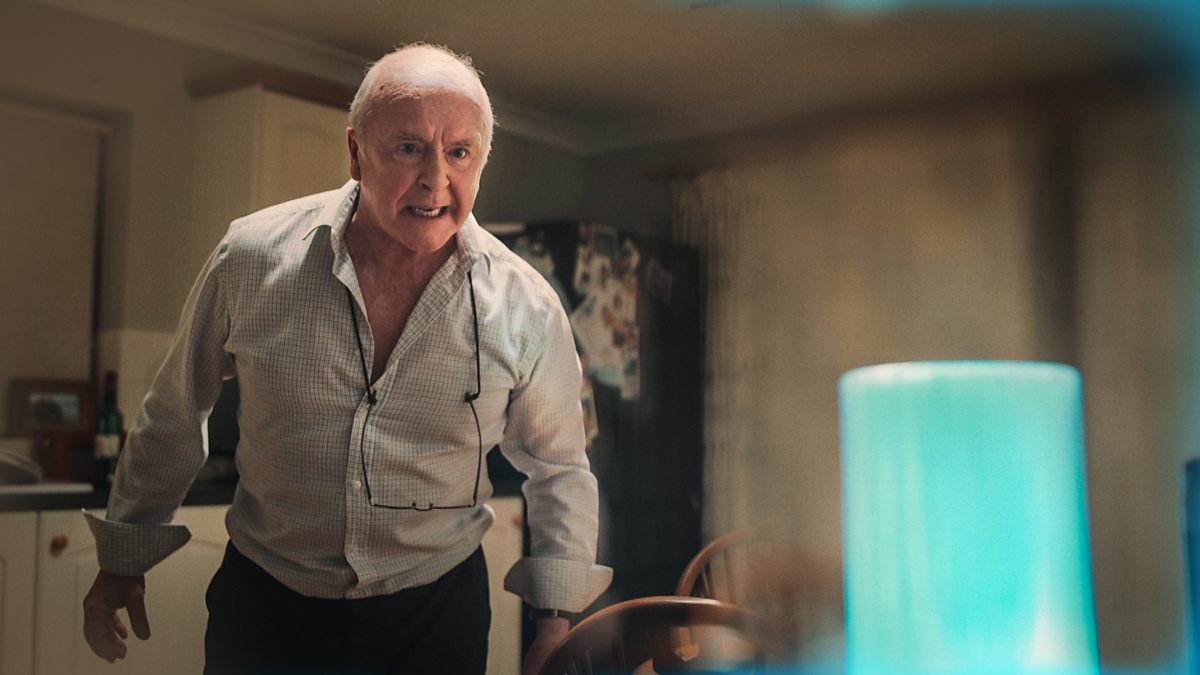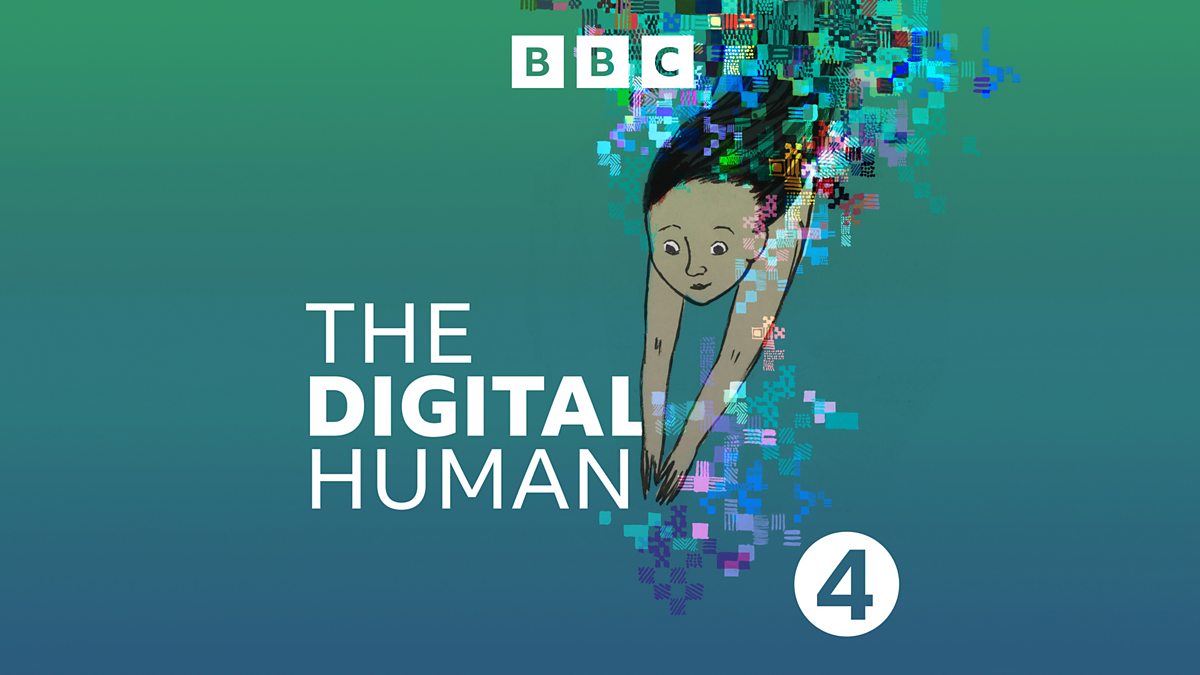Originally posted by french frank
View Post
The relentless encroachment of 'tech' on our lives
Collapse
X
-
It would be a statement of disagreement about the non-existence of something, in this case God, but not a belief, I would think, because to believe in something, that something has to be presumed to exist, The opposite point of view would then refute the presumption; but that would be on the grounds of disbelief in the claimant's belief, not belief.
-
-
Lack of belief does not equate to disbelief. The former is passive, the latter is active. Hence my point about a false syllogism.Originally posted by Serial_Apologist View PostIt would be a statement of disagreement about the non-existence of something, in this case God, but not a belief, I would think, because to believe in something, that something has to be presumed to exist, The opposite point of view would then refute the presumption; but that would be on the grounds of disbelief in the claimant's belief, not belief.
Comment
-
-
Further:Originally posted by Bryn View PostNot having one (a religion, that is), that would be difficult for me.
I do not believe anything. Most people, even the educated, think that everybody must ‘believe’ something or other, that if one is not a theist, one must be a dogmatic atheist, and if one does not think Capitalism is perfect, one must believe fervently in Socialism, and if one does not have blind faith in X, one must alternatively have blind faith in not-X, or the reverse of X. My own opinion is that belief is the death of intelligence.
Robert Anton Wilson
Comment
-
-
Returning to the original anti-tech thrust of this thread, I can thoroughly recommend Isla on BBC4 last evening.
It was described by the BBC as 'a dark comedy' which I suppose it was....both touching and humorous. Obviously a spoof on 'Alexa'.
Comment
-
-
It seems that this weekly series on Radio 4, The Digital Human, takes on a wide perspective of issues related to the thread title, though I have only just now caught the final 10 minutes of the latest episode*.
*4.30pm The Digital Human - 4/6
Aleks Krotoski asks if we've all become techno-fundamentalists, unquestioningly accepting the latest innovation into our lives without thinking about potential downsides. Perhaps we could learn from a society who think much more carefully and critically about adopting new technology - the Amish. Despite their popular image as Luddites, they take a thoughtful, democratic and scientific approach to technology, trialling a modern innovation to see how it affects the community and if they don't like what they see, they reject it. Could many of the negative unintended consequences of technology have been avoided if we'd followed such an approach?
Comment
-
-
This was published in a comic book in 1919, "When we all have pocket telephones". NB in particular, "At a concert":
It isn't given us to know those rare moments when people are wide open and the lightest touch can wither or heal. A moment too late and we can never reach them any more in this world.
Comment
-
-
Going further from the above, Darren McGarvey was wonderfully eloquent on the Digital Social Divide, foursquarely hitting on several all-too-rarely discussed issues on our mainstream media. Following him, Brett Scott considers who benefits from the Cashless Society and who does not, while Travelling People spokeswoman Jo Clement touches briefly on the historical importance of cash for disempowered people before speaking about anti-Gypsy prejudices in general on this morning's Start The Week:
The way in which all three contributors' conclusions drew the topics and their further ramifications together under Adam Rutherford's welcomingly enlightened hosting made this the sort of programme of relevance and urgency I've been waiting for for far too long.
Comment
-
-
Remarkably prescient, isn't it, that cartoon!!!Originally posted by french frank View PostThis was published in a comic book in 1919, "When we all have pocket telephones". NB in particular, "At a concert":
https://www.facebook.com/maksviktora...49949/?__cft__
Comment
-
-
Love it! About 70 years before its time!Originally posted by french frank View PostThis was published in a comic book in 1919, "When we all have pocket telephones". NB in particular, "At a concert":
https://www.facebook.com/maksviktora...49949/?__cft__
In the meantime the wretched business continues. I'm interested in buying a railcard - though trying to work out whether it will be worthwhile, or indeed whether I'll last three years to justify a longer one. Seems that perhaps the old style card ones are still available, but now of course there are the digital ones which require one to have a mobile phone. I love my mobile phone so much that if it weren't for one or two almost essential features which I have to use sometimes, I'd happily drop it in a lake or smash it to smithereens.
How many people realise that by using these things it allows so many organisations not only to track purchases, emails etc., but also one's physical location? We shoud not be "forced" to have to have devices to track ourselves, even if we do so "voluntarily" because it's "convenient".
Comment
-
-
it's need for the obviously wanted hi-tech prison approach currently being trialled in China - those deemed unsuitably thankful for the government's largesse will be easily denied access to means of support and any complaints will never get anywhere.Originally posted by Dave2002 View Post... We shoud not be "forced" to have to have devices to track ourselves, even if we do so "voluntarily" because it's "convenient".
Comment
-
-
Point/s taken. I happen to have a mobile phone so ancient that I could probably sell it quite profitably via Sotheby's and which I value solely for its use in making and receiving voice calls (I don't even do texts), so anything such as you mention for which I would require a more recent one with more features remains outside my catchment area, so to speak...Originally posted by Dave2002 View PostLove it! About 70 years before its time!
In the meantime the wretched business continues. I'm interested in buying a railcard - though trying to work out whether it will be worthwhile, or indeed whether I'll last three years to justify a longer one. Seems that perhaps the old style card ones are still available, but now of course there are the digital ones which require one to have a mobile phone. I love my mobile phone so much that if it weren't for one or two almost essential features which I have to use sometimes, I'd happily drop it in a lake or smash it to smithereens.
How many people realise that by using these things it allows so many organisations not only to track purchases, emails etc., but also one's physical location? We shoud not be "forced" to have to have devices to track ourselves, even if we do so "voluntarily" because it's "convenient".Last edited by ahinton; 14-06-22, 16:30.
Comment
-
-
I am usually pretty sceptical about your tendency to appear in the role of Jeremiah here but for once I fear you may fall into the category of Cassandra on this issue.Originally posted by Frances_iom View Postit's need for the obviously wanted hi-tech prison approach currently being trialled in China - those deemed unsuitably thankful for the government's largesse will be easily denied access to means of support and any complaints will never get anywhere.
Comment
-
-
I had one like that - indeed still do - but the screen failed a year or more back. It is still possible to get phones with very basic features, but nowadays that limits what one can do - such as banking - as many bank offices have closed so one "has" to do online banking, and many are now using OTP codes sent via mobile phones which are capable of receiving them. Actually my older phone was able to receive OTP codes, but it got to the point that I couldn't read them anyway, plus the nonsense of living in an area where reception is poor, so by the time I'd got the OTP deciphered then the security check had timed out!Originally posted by ahinton View PostPoint/s taken. I happen to have a mobile phone so ancient that I could probably sell it quite profitably via Sotheby's and which I value solely for its use in making and receiving voice calls (I don't even do texts), so anything such as you mention for which I would require a more reent phone with more features remains outside my catchment area, so to speak...
Unlike many people I still turn my mobile phone off unless I really have to use it. It irritates me that it takes so long to "warm up", and that it always goes online even if I only want to use if for its local features, such as the camera. Of course the slow warm up might well be deliberate, to "force" me to leave it on, so that I can be tracked.
I can probably also be personally tracked as "that guy who turns his phone on for five minutes, then turns it off again"!
Comment
-





Comment